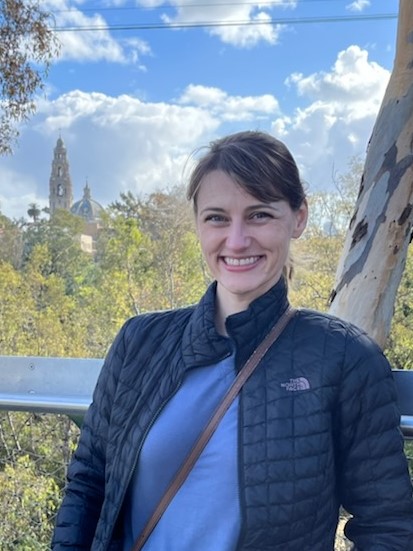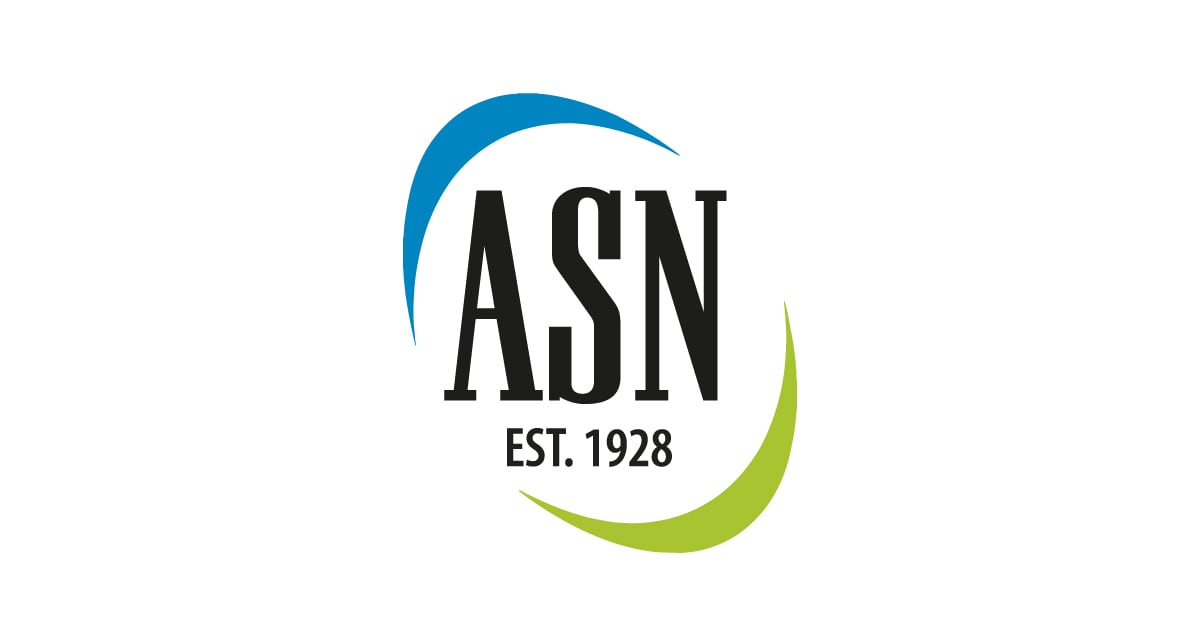The ASN Science Policy Fellowship is offered to advanced graduate students, early professionals, postdoctoral trainees, or medical interns, residents, or fellows. The intent of the Fellowship is to allow for an expanded understanding of current nutrition policy issues and initiatives. The Fellowship provides recipients with the opportunity to gain an enhanced perspective on public policy issues related to nutrition and facilitates the acquisition of skills and tools necessary to become well-informed advocates for nutrition research and policy.
Caitlin Lowery, is one of two current fellows. She is a PhD Candidate at University of North Carolina at Chapel Hill, Gillings School of Global Public Health. She has been a member of ASN since 2019. Read our full interview below.

How did you first get involved in nutrition science and research? What led you to be interested in nutrition policy?
I first became interested in nutrition and public health as a Peace Corps Volunteer in the Republic of Georgia. After I returned to the U.S., I studied social and behavioral sciences at Johns Hopkins, and worked on a multi-level, community-based obesity prevention program in Baltimore City. These experiences highlighted the role of the social determinants of health and the need for systems-level change to improve population health. Because policy is a powerful lever to change the food environment, I decided to pursue a PhD to evaluate the impact of nutrition-related policies aimed at preventing chronic disease, such as sugar-sweetened beverage taxes and front-of-package labeling policies. Many of these policies are relatively new, so I hope to contribute to our understanding of their impact and best practices for implementation.
Tell us about your current position and the research activities in which you are involved.
I am a doctoral candidate in Nutrition at the University of North Carolina at Chapel Hill. My research focuses broadly on policy approaches to improving the food environment. I am currently exploring the impact of the Philadelphia and San Francisco beverage taxes on household purchases of taxed and untaxed beverages, as well as understanding possible substitution to high-sugar foods, and potential differential impacts of the tax based on awareness of and attitudes towards the tax. The overarching goal of the project is to inform the design of better, more effective beverage tax policies, and to assess potential unintended consequences. I also recently analyzed the impact of a fruit and vegetable incentive program on SNAP participants’ purchases, and I am part of a team looking at factors associated with under-utilization of program benefits, to inform recruitment and retention efforts. In addition, I am working with collaborators in Peru and South Africa to understand the local food environment and the impact of recent national nutrition-related policies on food purchasing and consumption behaviors.
Finally, I am the Fellow for the Healthy Food Retail Work Group, which is supported by Healthy Eating Research (Robert Wood Johnson Foundation) and NOPREN (CDC’s Nutrition and Obesity Prevention Research and Evaluation Network). I also previously served as the Fellow for the HER NOPREN WIC Learning Collaborative, which focuses on sharing and promoting research and collaboration related to the USDA’s Special Supplemental Nutrition Program for Women, Infants, and Children (WIC).
What do you feel are the biggest challenges facing nutrition researchers today?
This is a tough question, because there are so many challenges in nutrition research, and many of them are interconnected. For me, addressing food and nutrition security by creating a food environment in which healthy, nutritious (and culturally preferred) foods are accessible and affordable (both monetarily and in terms of time cost) for everyone is a critical unresolved problem, with serious implications for health equity. Making progress in this area will require coordinated efforts by numerous key stakeholders, including researchers, academics, policymakers, community members, and advocates.
What influenced your decision to apply to the ASN Science Policy Fellowship program? How do you see yourself benefitting from this position?
I applied to the ASN Science Policy Fellowship to develop communication and advocacy skills that will be critical for achieving my career aims of working at the intersection of nutrition research and public policy. I have not had training or experience engaging directly with policymakers, so I’m particularly excited about Capitol Hill Day. I am also looking forward to participating in and learning from ASN’s Committee on Advocacy and Science Policy (CASP) and connecting with a mentor engaged in nutrition policy work. As a PhD student, most of my mentors work in academia, so part of my motivation for applying to the fellowship was to learn more about careers in the public sector.
What aspects of ASN membership have you found most useful professionally?
I had the opportunity to attend ASN’s annual meeting in-person in 2019, which was an amazing opportunity to learn about current research, reconnect with friends and colleagues, and gain experience presenting my work. It also allowed me to meet some of the doctoral students in the Nutrition department at UNC before I started the program, so I recognized some friendly faces when I arrived in Chapel Hill.
Additionally, I am a huge fan of ASN’s Health & Nutrition Policy newsletter for a quick overview of relevant policy updates, events, and funding opportunities. I have also found the webinars organized by the Student Interest and Early Career Nutrition Groups to be valuable resources (2021’s “Manuscript 101” was incredibly helpful and is still available on ASN Connect).
Is there anything else you’d like to tell ASN members, especially students?
Take advantage of the ASN network; don’t be afraid to reach out to researchers working in positions or topic areas in which you are interested. More often than not, they will be happy to talk to you or to connect you with others in your field. Also, I’d encourage nutrition researchers at all levels to think about the dissemination of their research beyond the academic community and how to communicate findings to the public, research participants, the media, and policymakers.



